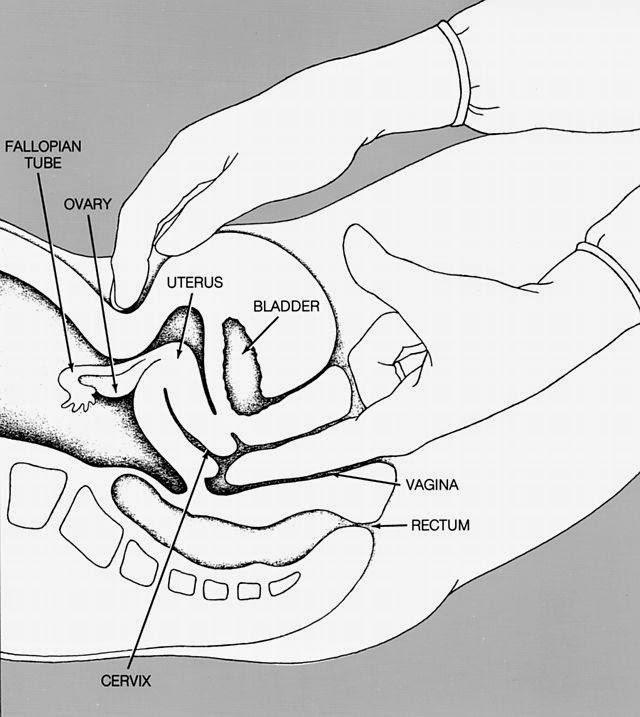So much in medicine and in life is done out of habit. We do stuff simply because that’s the way we always did it. Repetition leads to the belief that we are doing the right thing. In this country, we traditionally eat three meals each day. Why not four or two?
Life gets more interesting when folks question long standing beliefs and practices forcing us to ask ourselves if what we are doing makes any sense. In the medical profession, a yearly physical examination was dogma.
So much in medicine and in life is done out of habit. We do stuff simply because that’s the way we always did it. Repetition leads to the belief that we are doing the right thing. In this country, we traditionally eat three meals each day. Why not four or two?
Life gets more interesting when folks question long standing beliefs and practices forcing us to ask ourselves if what we are doing makes any sense. In the medical profession, a yearly physical examination was dogma. Now, even traditionalists have backed away from this ritual that had no underlying scientific data to support it. Yet, patients would present themselves to this annual event believing that this ‘check-up’ was an important health preserver.
Here were some medical routines that were never questioned.
- Yearly ear drum examinations with the otoscope. Always exciting.
- Palpation of the abdomen.
- Listening to the lungs with a stethoscope.
- Testing your reflexes. (Sure, this was fun, but did it help anyone?)
Keep in mind that I am referring to components of the physical exam that are performed on asymptomatic individuals who feel well. Obviously, listening to a patient’s lungs has more value if a patient has fever and a cough.
Yes, I recognize that there may be an intangible value in having a physician make physical contact with his patients, which some argue help to create a bond in the relationship. This may be true in part as patients have been taught to expect this from their doctors. Indeed, a ‘hands off’ physician may be construed by patients as being an inattentive or even an incompetent practitioner.
Recently, the American College of Physicians issued a new guideline published in the Annals of Internal Medicine stating that routine pelvic examinations should not be performed. Why? Because there is no persuasive evidence that they do any good.
Sure, there will be pushback. In medicine and elsewhere, there is often resistance to change from those whose practices are being challenged. Review the following complex table that I have prepared.
Procedure Under Review Resistors
PSA Urologists
Mammograms Radiologists
Colonoscopies Gastroenterologists
Term Limits Politicians
Tort Reform Take a guess
If all of the elements of a routine check-up were subjected to scientific scrutiny, we might be shocked at how little of the exam remained. This might create an unintended benefit. It would free up time that we physicians could use to talk more with our patients. So far, no scientific study has deemed this to be a waste of time.

